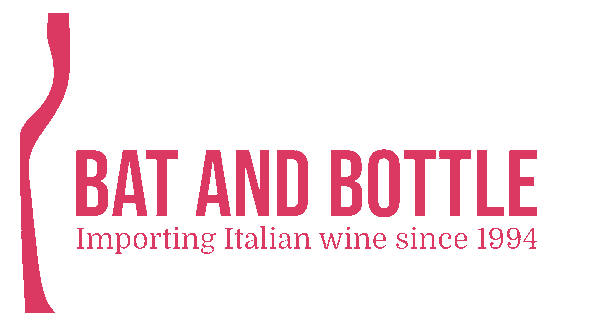Organ Recital by Freddie Frostwick. 1st June 2022
All Saints, Church Oakham
Free
Wednesday 1st June 13:30
Freddie will be joining the Bat and Bottle team as an intern over the summer.
has talents and interests lie beyond just Italian wine:
Freddie began his musical career as a cathedral chorister, first at Truro Cathedral for a year, and then at Westminster Abbey between the years 2010 and 2014. With Westminster Abbey, he toured to Rome and Hungary, sang at nationally televised state occasions, and made a number of recordings under the Hyperion label.
In 2014 Freddie joined Bryanston School as a music scholar where he began his organ studies under Graham Scott, alongside studies in piano, violin, viola and singing. During his time at Bryanston, Freddie performed solos at venues including St Paul’s Church, Knightsbridge, and Christchurch Priory. He also toured to Hong-Kong as part of a horn trio (piano). He has attended both the Royal College of Organists and Oundle for Organists summer courses and received tuition from internationally acclaimed organists including Nathan Laube, Christian Wilson, Henry Fairs, Margaret Phillips and Ann-Elise Smoot.
For the academic year of 2019-2020, Freddie was organ scholar at St. Paul’s Within the Walls Episcopal Church, Rome, where, in addition to his duties there, he accompanied and directed various choirs in Rome, including ‘The New Chamber Singers’.
Freddie is currently a Campbell Watterson Organ Scholar at St Andrews University, where he is completing his undergraduate studies in Classics.

The Recital:
Cantique in C Major, Op. 3 - Edward Elgar (1857-1934)
Voluntary for Double Organ, Z719 - Henry Purcell (1659-1695)
11 Vesper Voluntaries, Op. 14: Introduction - Edward Elgar
11 Vesper Voluntaries, Op. 14: I. Andante
11 Vesper Voluntaries, Op. 14: II. Allegro
11 Vesper Voluntaries, Op. 14: III. Andantino
11 Vesper Voluntaries, Op. 14: IV. Allegretto piacevole. Intermezzo – Adagio, come prima
11 Vesper Voluntaries, Op. 14: V. Poco lento
11 Vesper Voluntaries, Op. 14: VI. Moderato
11 Vesper Voluntaries, Op. 14: VII. Allegretto pensoso
11 Vesper Voluntaries, Op. 14: VIII Poco allegro. Coda – Adagio, come prima
The music of English Romantic composer Sir Edward Elgar (1857-1934), with its large, colourful textures and bold tunes, is credited with heralding a renaissance of English music, following a musical period of little renown since the death of Henry Purcell. Son to an organist and music dealer and church organist himself, best-known amongst Elgar’s oeuvre for the King of Instruments is his Sonata in G Major, not least thanks to its orchestration by Gordon Jacob. Lesser known is the charming set of Vesper Voluntaries, Op. 14, Elgar’s first work for organ and a clear expression of his Roman Catholic faith. The short voluntaries are typical of Elgar’s early works, with their simple ternary form and common tonal centre. The opening, middle and ending of the set are united by a common pair of themes, played out in the Introduction, Intermezzo and Coda.
Elgar’s Cantique in C Major, Op. 3, although most commonly heard in its organ arrangement, began life as a piece for wind quintet, written by Elgar to be played by himself and a group of friends. Later in life, Elgar arranged it for both orchestra and organ, assigning to it its earlier provenance with its opus number. The piece lacks the drama and variation of Elgar’s later works, although presents a clear progression in the Victorian tradition he inherited.
Henry Purcell (1659-1695) is regarded as one of the greatest English composers, whose fame remained unmatched until the breed of composers heralded by Edward Elgar shortly before the twentieth century. His Voluntary for Double Organ is the best known of his six known compositions for organ, a piece of some virtuosity, combining thick ornamentation with joyful running scalic motion.
Frederick Frostwick (June 2022)
